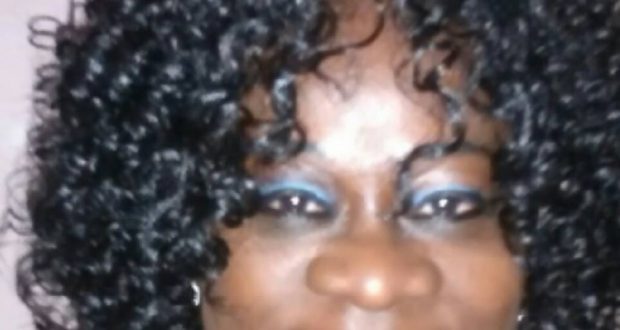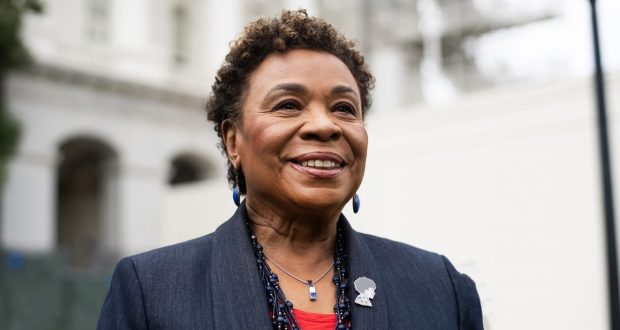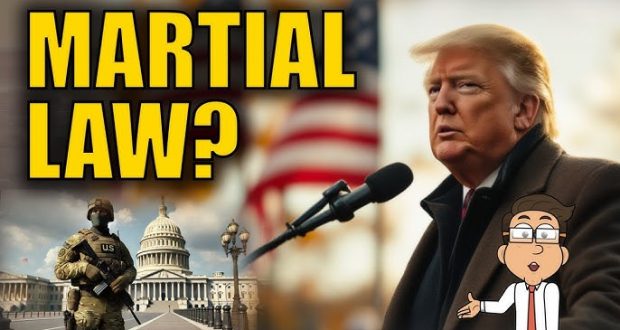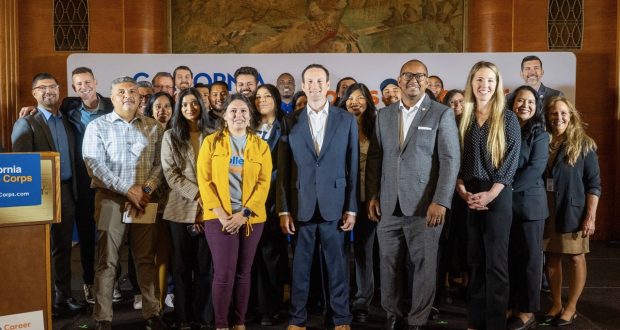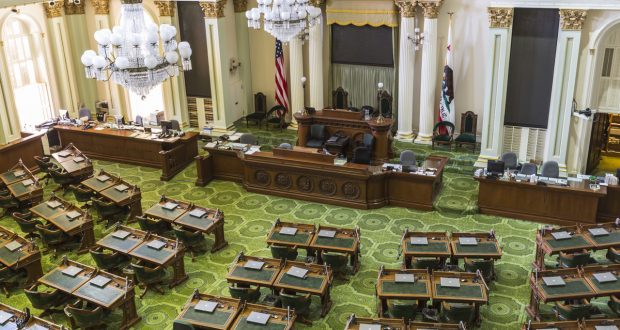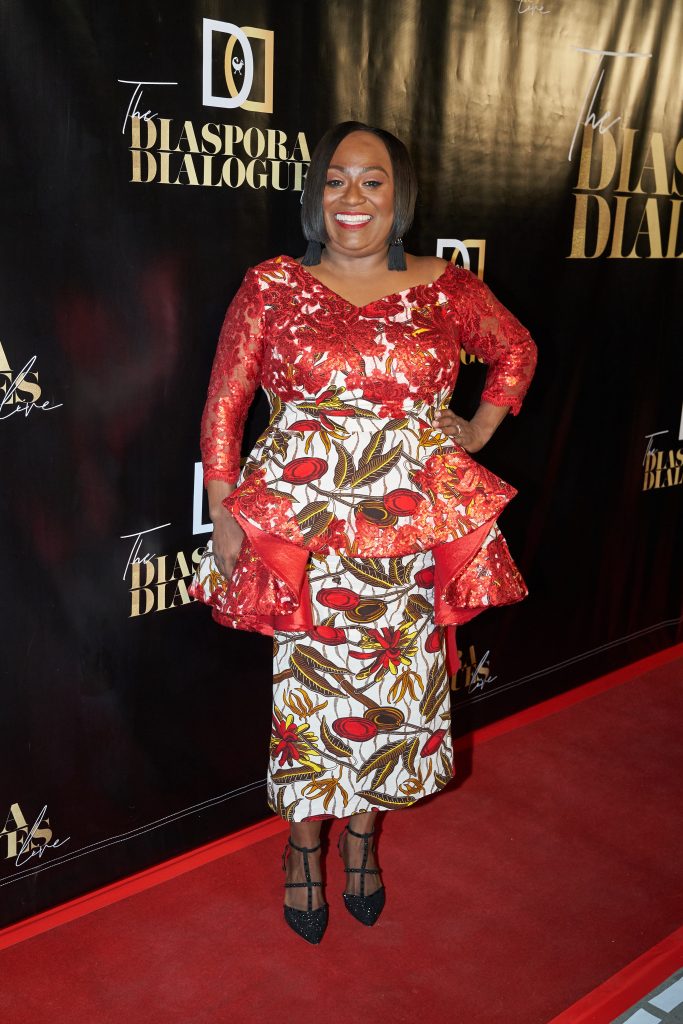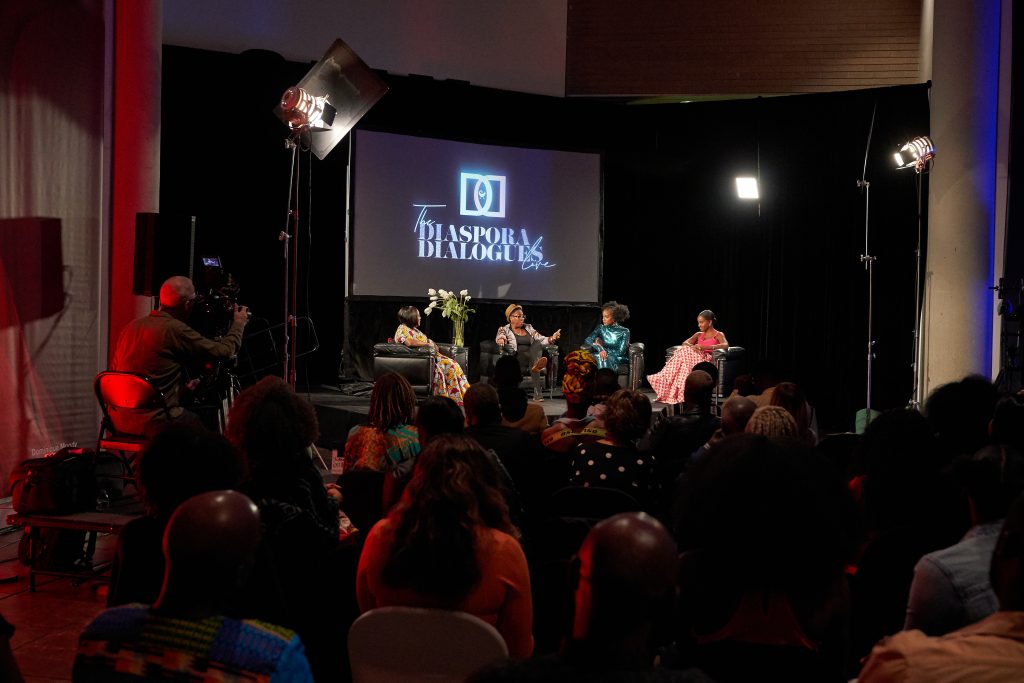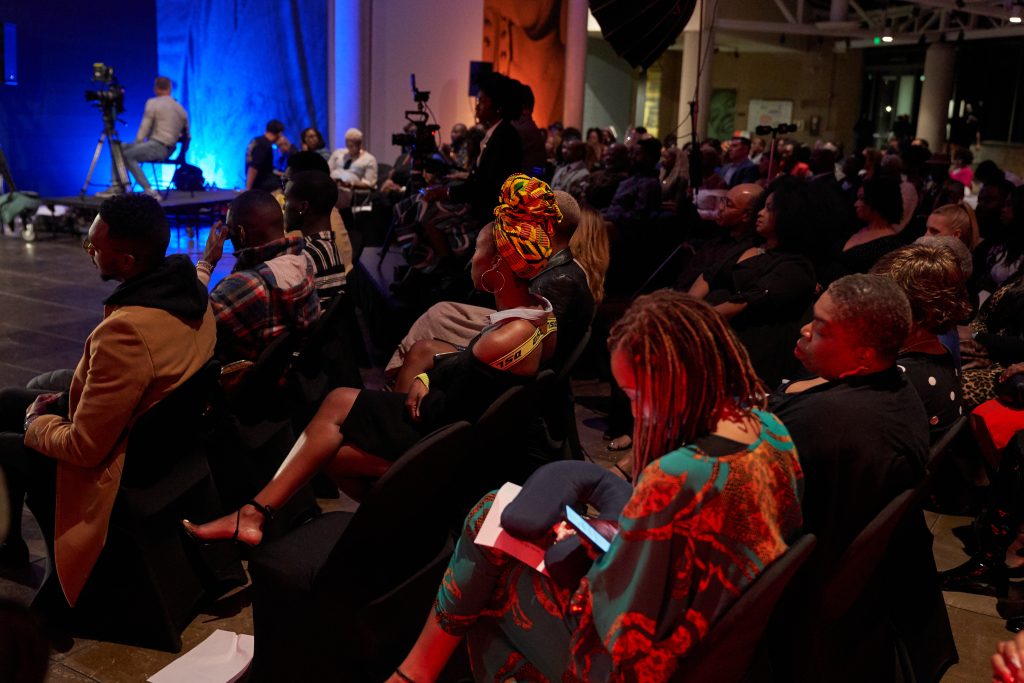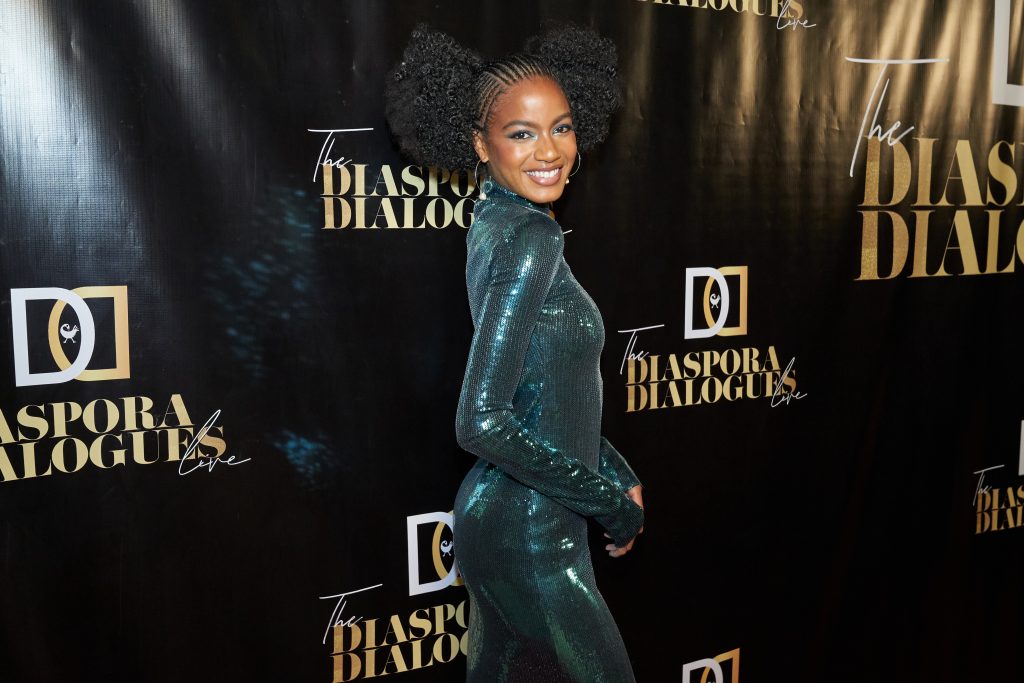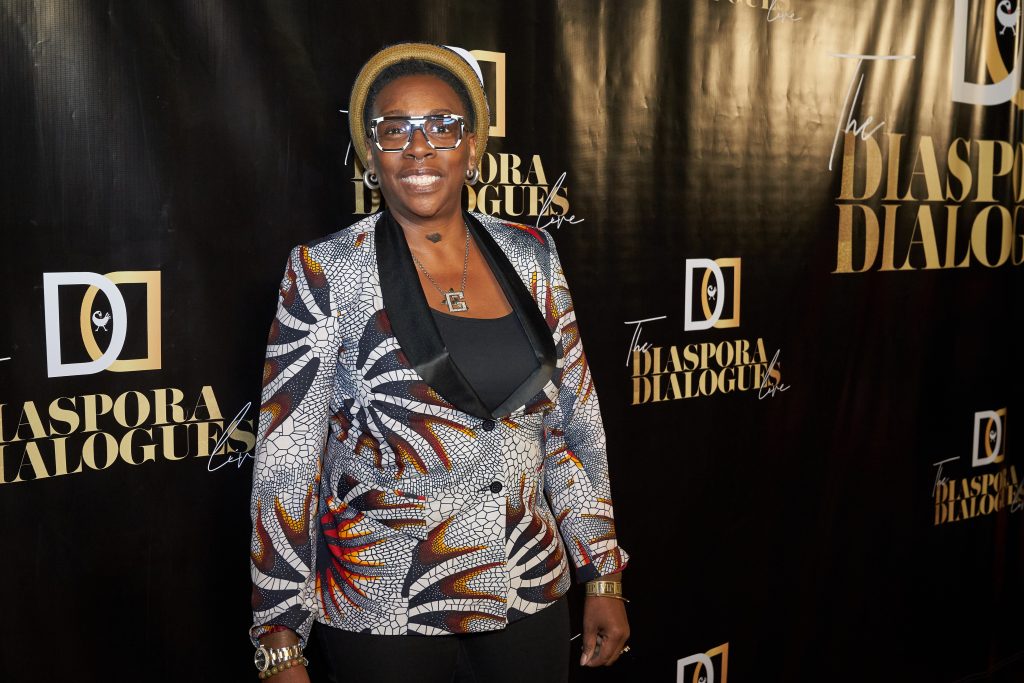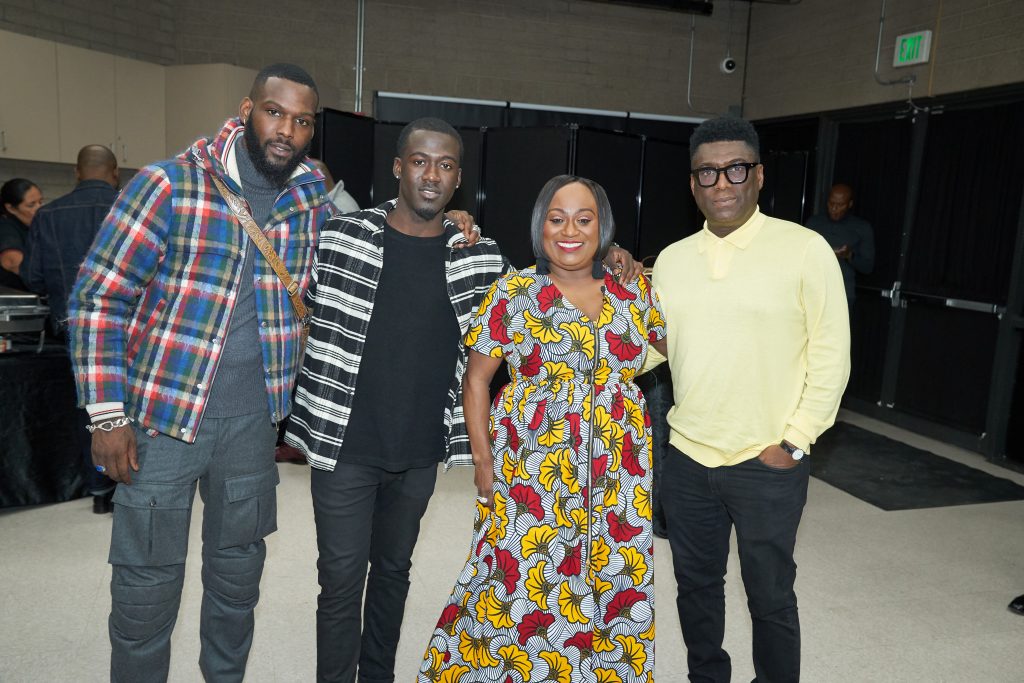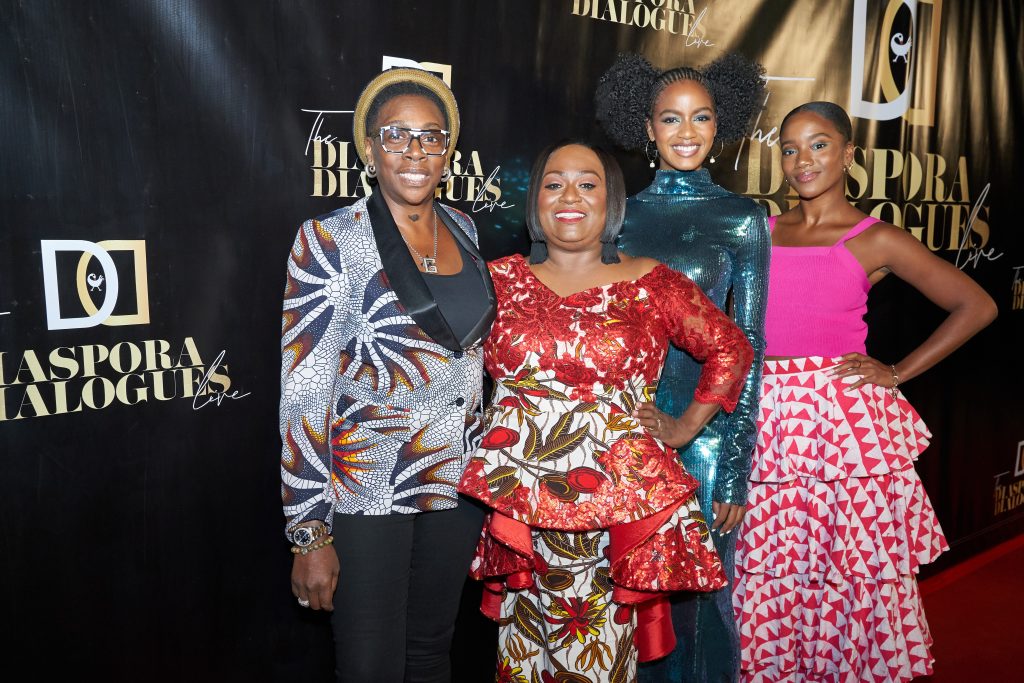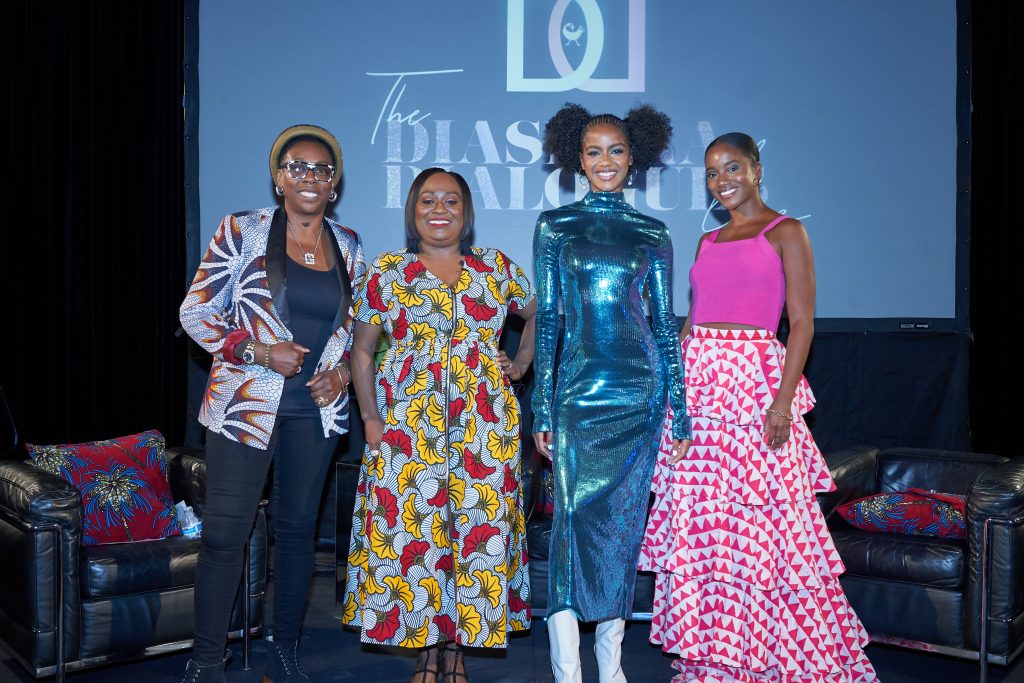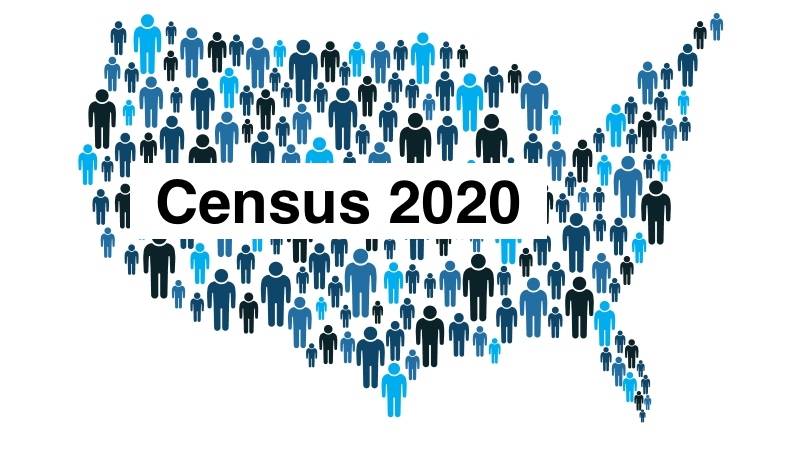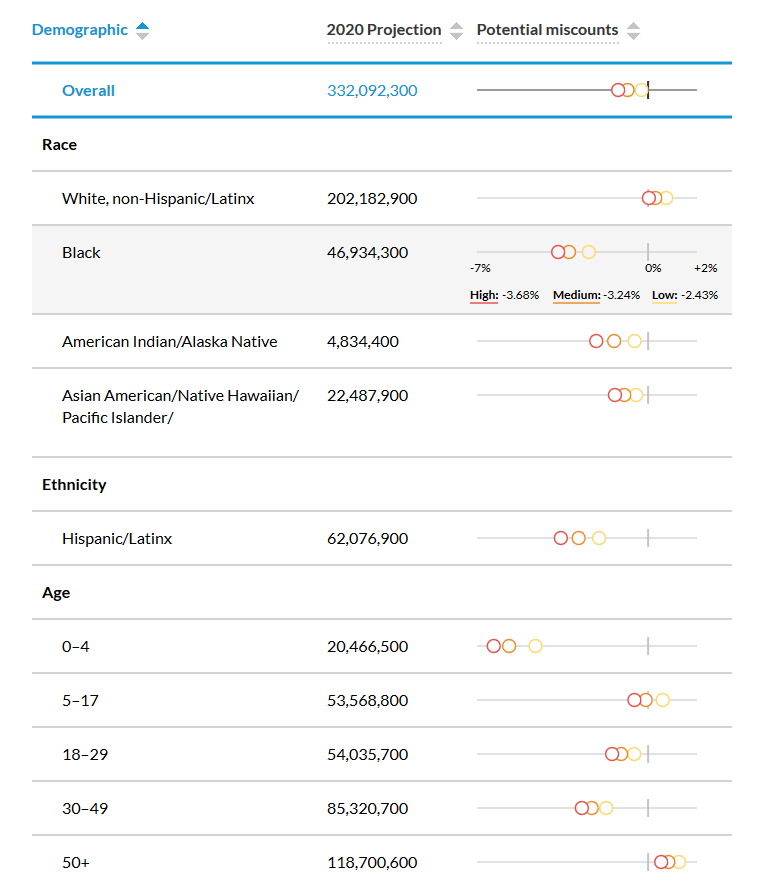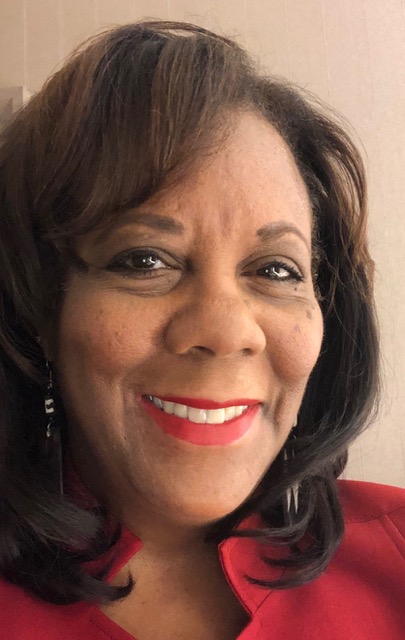It’s time to take gloves off on a very crucial Census in 2020
Judging from the flat and barely noticeable national conversation on the critical importance of needed mass Black participation in the Census, it’s business as usual from various community organizations who are rolling out campaigns eleventh hour.
The problem is that not only have these campaigns failed to achive an urgent, fevered pitch, but the messaging has not been crafted in such a way that makes the conversation relatable to the broader Black audience which needs all hands on deck for this exercise. Response to the urgency of the Census should be done in a way reminiscent of mass Black-oriented marketing successes such as Marvel’s Black Panther film and the first release of the Popeye’s franchise chicken sandwich.
Priorities.
That hasn’t happened, yet. The scheduled 2020 Census promises to – once again – dramatically decrease the official Black population in the United States. The consequences of this are both enormous and fatally dangerous to Black communities nationwide. This is, clearly, by design and reflects a centuries-long, ongoing and nefarious effort by the federal government to actively diminish and “disappear” the presence of Black people in the United States through any means at their disposal. Indeed, the Census has been weaponized in such a way. Take a look at undercount trends since 1950.
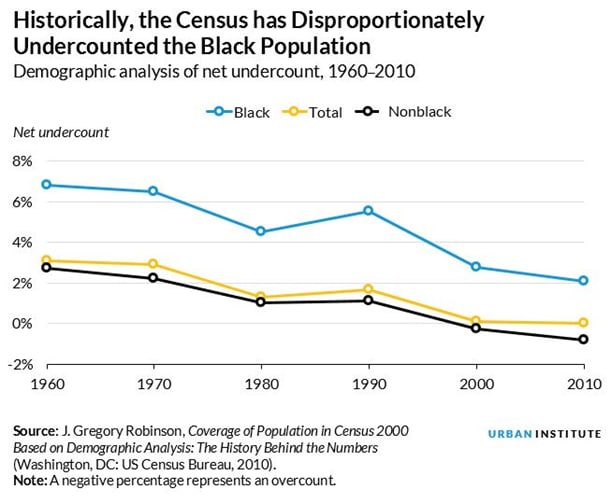
We know the Census Bureau won’t take any major steps towards rectifying or correcting undercounts because it never has. In fact, it’s more involved in underfunding itself or looking for creative ways to streamline its mandated responsibility as opposed to doing it fully and comprehensively.
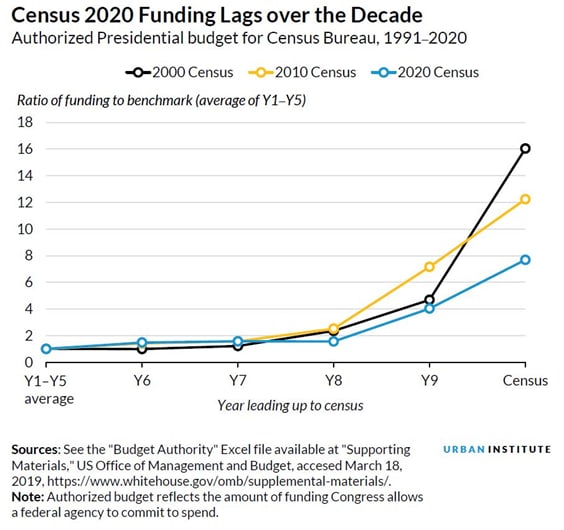
That burden of increased Census participation will fall on us.
This cannot be business as usual on the part of Black grassroots and community advocate infrastructure which includes large organizations such as the National Urban League, the NAACP and the National Action Network to name a few. Black churches should be mobilizing congregations every Sunday while every effort is made to reach every visible and/or known Black person in every venue including schools, barbershops, hair salons, nail places, parks, sports games, concerts, and through urban radio. That effort should coincide with or be attached to aggressive voter mobilization efforts. Instead, the Census conversation and campaign effort seems very grasstops at the moment; it’s a box checked off by social network groups, fraternities and sororities looking for community service points.
But, we can’t be cute about this. No stone should be left unturned. Every creative effort should be made to ensure every Black person possible is answering the 10-question Census, by 1) mailed questionnaire, by 2) phone or 3) online. Every effort should be made to ensure households know when to look out for their unique identifier in the mail, the ID they’ll need to take the Census online, which will look this
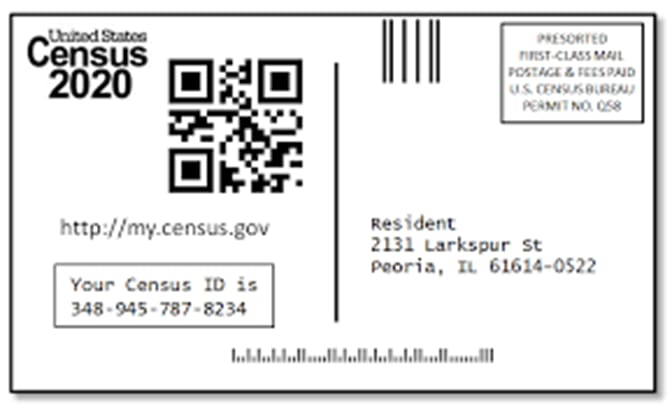
… and to not consider if junk mail.
Yet, there are no visible signs of anything ambitious or a tipping point national moment where the public is freaking out over predicted mass undercounts of Black persons – and, yes, we should be freaking out about it.
Here are several key points to push when having that Census conversation:
Don’t Make Yourself Invisible
That’s pretty much what an undercount amounts to: making Black people disappear. And if you want the federal government, in collusion with state and local governments who rely on this “authoritative” data to consider you as not existing then, go ahead, be our guest and don’t take the Census. While we keep saying the national Black population is 13 percent, it’s really 15 percent or more.
The Census Bureau itself, in a casual “our bad” mea culpa, admitted to undercounts back in 2010 after the last decennial exercise …
Notice how the Black undercount was the most significant compared to all other racial groups?
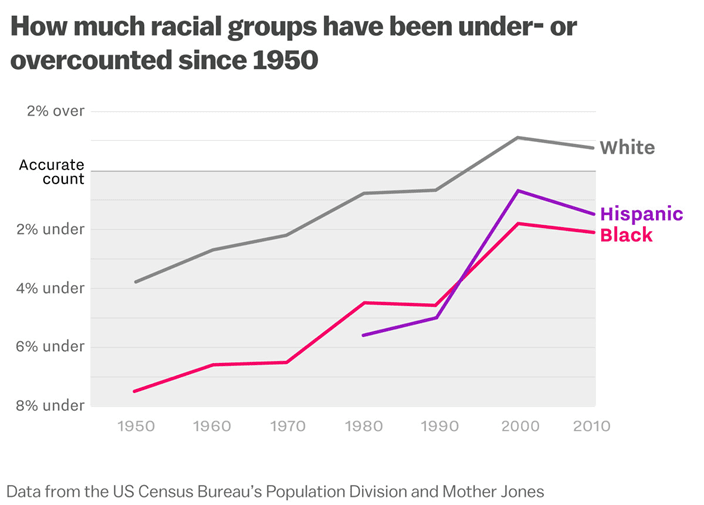
Indeed, notice the states with the highest concentrations of Black residents are projected to experience the most drastic medium-to-high risk undercounts, according to the Urban Institute graphic below …
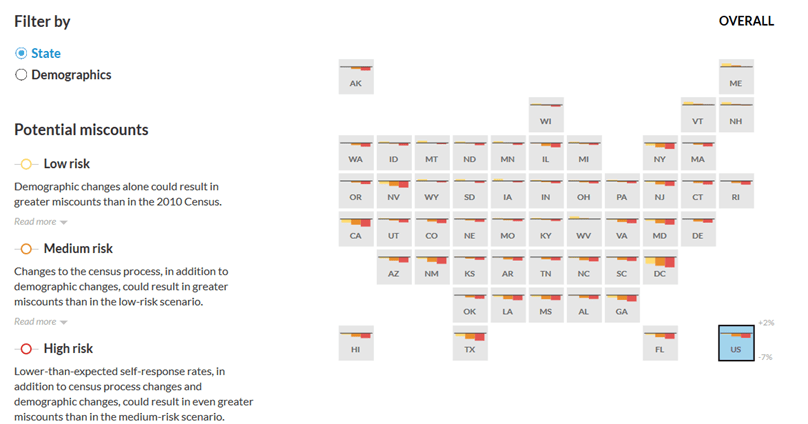
Fewer Black People = Less Political Representation
Don’t let obscure or very academic terms used to describe important elements of the Census put you to sleep. Stay alert. When you’re not counted in the Census, your community loses the 1) “apportionment” game – which means you lose Members of Congress to represent you in the Congress. Fewer members of Congress means you not only lose representation, but you just lost out on a chance at federal resources, responsiveness and money. In addition, you also lose the 2) “redistricting” game – which means the Congressional, state legislator or local lawmaker district you live in not only loses clout, but the fewer Black people counted in it means the lawmaker is conveniently less inclined to take you seriously … because, once again, he/she is under the official impression that, well, “there’s not that many of them living in my district, anyway.”
Your Community Will Get Fewer to No Federal Dollars
The last 2010 Census determined how nearly $700 billion in federal funds would get distributed to communities for everything from schools, roads, Medicaid, school lunches, grants and more. This 2020 Census raises that stake to $900 billion – and that doesn’t even include the appropriation of billions of dollars more policymakers will determine based on existing Census data. These are the top 10 federal programs most reliant on federal dollars from the 2010 Census, according to the Tax Policy Center …
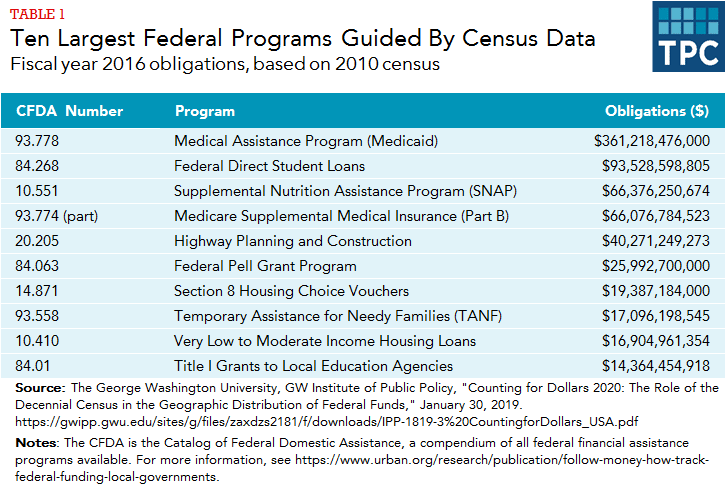
Undercounts Exacerbate “Gentrification,” the Affordable Living Crisis and Food Insecurity
Lots of people are upset about “gentrification” and the displacement of urban Black populations that happens as a result of higher rents, escalating housing prices and bad schools – but, no one is talking about participating fully in the Census as a strategy to help solve that.
It’s simple: the fewer Black people counted in a community gives landlords, real estate developers, employers, grocery stores, mass transit agencies and school districts a variety of excuses to make living standards that much harder for economically distressed and already strapped Black populations …
- Rents are systematically raised because the impression, based on Census data, is that more middle-class White professionals who can afford higher rent have moved in.
- Housing prices spike up and homes become unaffordable because, well, there is less of the financially-distressed population in that geographic space.
- Businesses rely on Census data, as well, among one of several research tools to determine if it’s feasible for them to set up shop in a community. Fewer businesses in a community mean fewer market options and fewer jobs for people living in that community – meaning residents have to travel farther to get to a job. But, then …
- Mass transit agencies cut bus routes and other services if they believe (or use the Census data to believe) they are fewer people in a community to service.
- Grocery stores won’t build if it’s perceived the market conditions aren’t ideal, based on Census data, hence the expansion of food deserts leading to food insecurity … and, well, more “dollar stores” with unhealthy, cheap carcinogenic food to buy.
- School districts are slow to invest in, renovate or improve neighborhood schools if Census data show fewer families and children to service.
Source: https://thebenote.com/
 Westside Story Newspaper – Online The News of The Empire – Sharing the Quest for Excellence
Westside Story Newspaper – Online The News of The Empire – Sharing the Quest for Excellence

